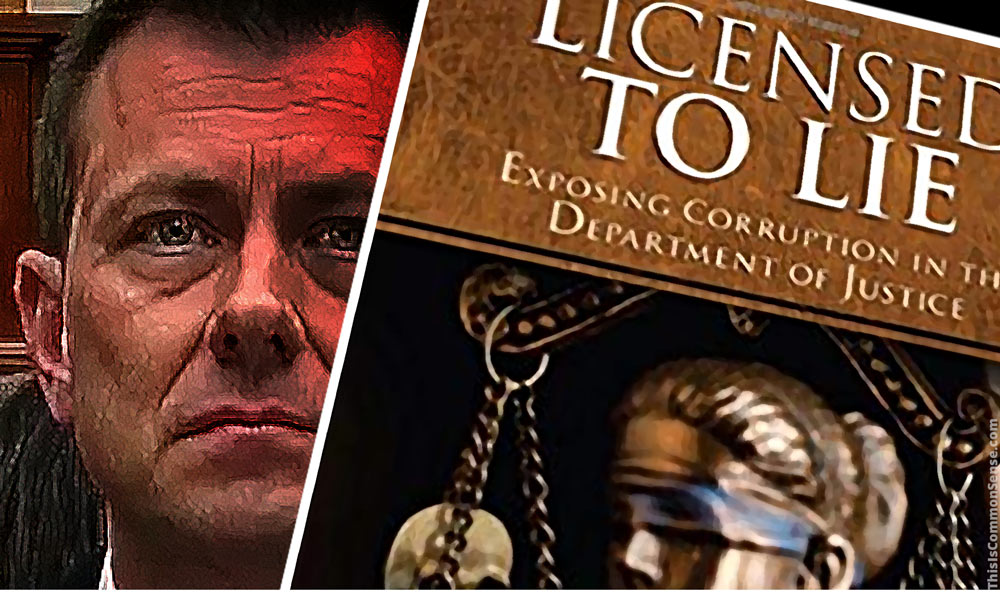“There exist many sneaky ways to get other people to do what you want, voluntarily — effectively blurring the line between legitimate persuasion and fraud.”
I wrote that in a Common Sense squib entitled “The Online Manipulation of Democracy,” in which I discussed the work of Robert Epstein, a senior research psychologist at the American Institute for Behavioral Research and Technology in California. That was over four years ago. Since then, his research has carried forward, focusing on how “the biggest tech companies influence human behavior, and conducting extensive monitoring projects of bias in these companies’ products, with a particular focus on Google.”
I’m quoting from an article by Masooma Haq and Jan Jekielek, from page A4 of the latest issue of The Epoch Times. In that article, and in an online interview published April 7, we are told how vast this power is — capable of flipping close elections around the world — and how difficult the influencing is to identify.
And that’s not just because Big Tech outfits like Google are sneaky.
Ephemeral events on our screens, like “a flashing newsfeed, a search result, or a suggested video are the ideal form of manipulation,” Epstein argues, “because they aren’t recorded and are hard to document.”
He insists they “affect us, they disappear, they’re stored nowhere, and they’re gone.”
Think about what that means: we don’t know we’re being manipulated, and “authorities can’t go back in time to see what people were being shown,” explains Epstein.
But it’s worse: Google, like many “free” online service companies, started out as a Deep State project.
We shouldn’t be shocked to find that sneaky, evasive, ephemeral manipulation techniques have been pioneered by … tax-funded spies.
This is Common Sense. I’m Paul Jacob.
—
See all recent commentary
(simplified and organized)









